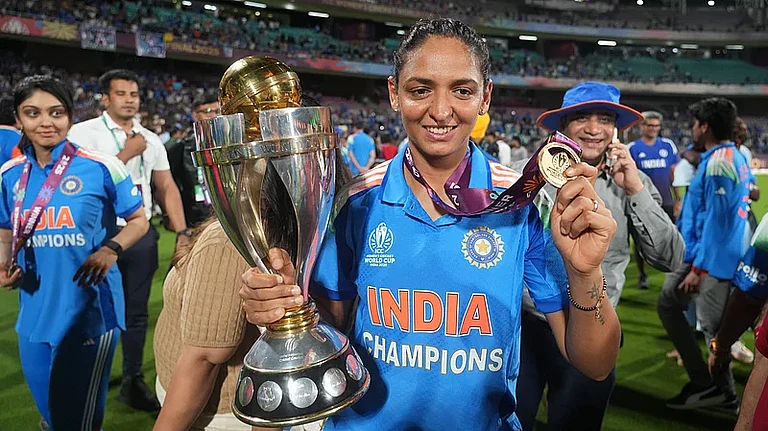On socialization, poet laureate Rabindra Nath Tagore once said that every child comes with a message that God is not discouraged by man. A child born is the responsibility of society and when he grows up he too has certain responsibilities towards the society that had nurtured him. To fulfill these duties he goes through socialization, a process of education, either through formal schools or at home.
A child’s first center of learning is his home. After attaining a certain age he goes to school. A school not only makes a child literate but also provides him with basic education of life like respect, care, sincerity, and morality.
The present generation versus the previous ones: As I was busy reading a book, my daughter, who was attending her online classes on a tablet, came and asked me the meaning of the word prerogative. I asked her to look into the dictionary and clarify her doubts. She gave me a confused look and instead asked Alexa, her other online friend, the meaning of prerogative. Within seconds she got the meaning. My daughter was not only happy to find the word meaning but advised me to do the same when I was in doubt. I looked at her in amusement and continued reading.
I immediately went back to the old days when I was a student and went to school. There was a simple rule at my home. Whenever we were having doubts in any subject we had to try to find the solution ourselves. It could be either through teachers, friends, encyclopedia or dictionary. And, only when all our efforts had failed we were supposed to come back to our parents who were there to help us out. The entire process had two advantages. Firstly, the whole struggle made us understand things in a much better way and secondly it kept us connected with each other. This practice has continued till date and I never hesitate in putting up questions and being inquisitive.
The present day children do not exert too much effort in finding solutions to their problems. Due to the availability of electronic devices they have ready answers to all the questions. This somehow is killing their inquisitiveness. Their interactions with the outside world have also been restricted. They feel shy to come out in the open and discuss their issues with others. They do not feel it right to express their weakness in front of others.
Another habit that my parents inculcated in me was to read. It could be anything. Our daily newspaper, my father’s books on Geology, short stories in Hindi or English. Even my library period in school was very enlightening. There was a time when there were competitions between me and my friends as to how much time we took to read the same book. The reading exercise not only helped the children of our age to have better command over our grammar, whether English or Hindi, but also played an instrumental role in enhancing our knowledge.
Today’s kids are not very keen on reading. Yes, there is kindle and other electronic medium for reading but they find it a waste of time. They easily get “bored" and find it difficult to concentrate. They have been exposed to so many digital platforms at such an early age that they find it extremely difficult to stick to one medium of instruction. The school alone can’t be held responsible for this.
The present times: Times have changed. So has our environment. It is true that blackboards and chalks have been replaced by whiteboards and markers. But as they some things should never ever change. For me that change is the basic education. It is the responsibility of the parents, the grandparents, the teachers and the school to encourage children to be inquisitive, share their emotions, care towards each other, find out new ways of entertaining themselves apart from being an active participant in the social media arena, have friends and live every moment learning and creating new things and skills. These would be real education for our children.
(Views expressed in this article are personal)























